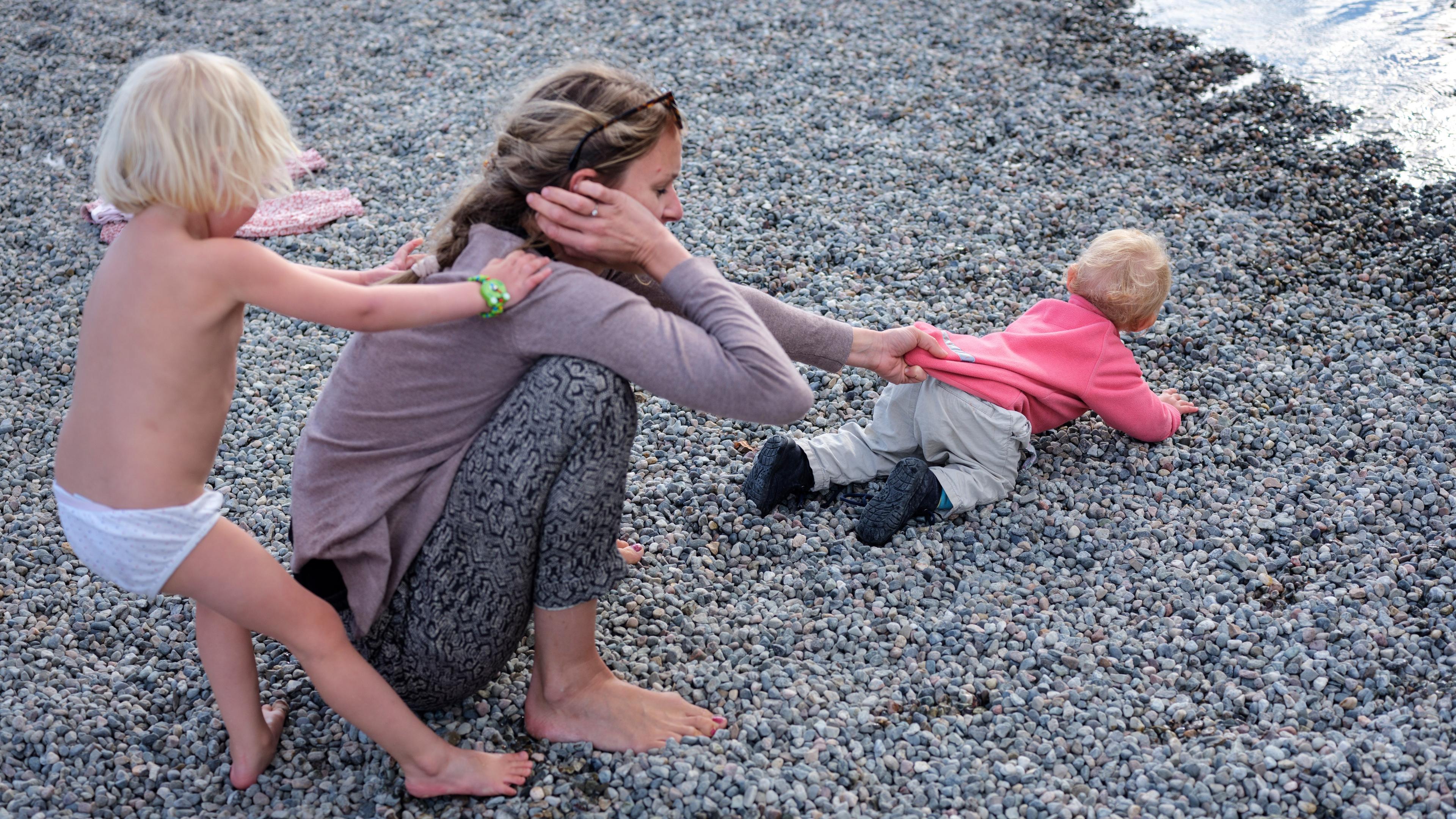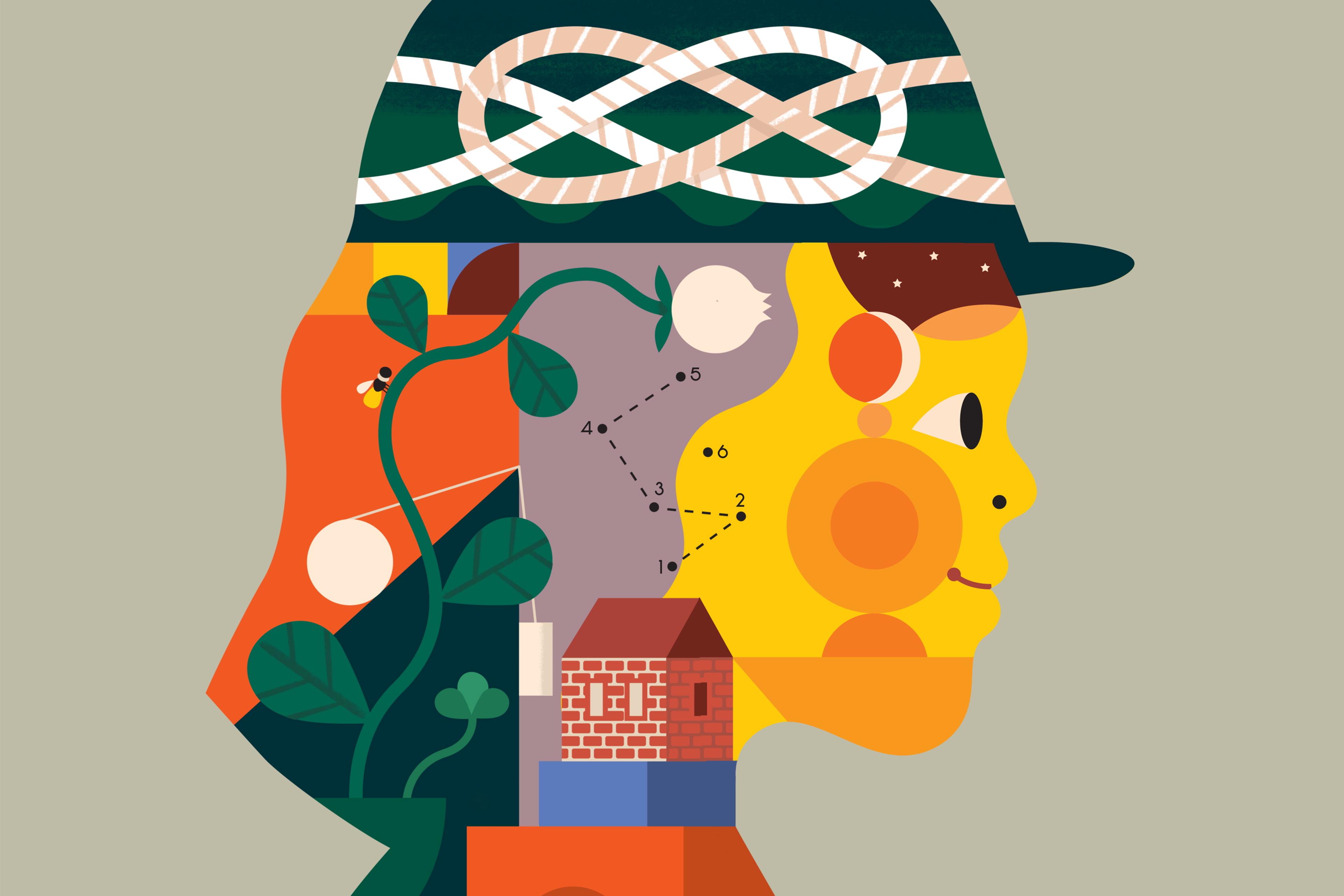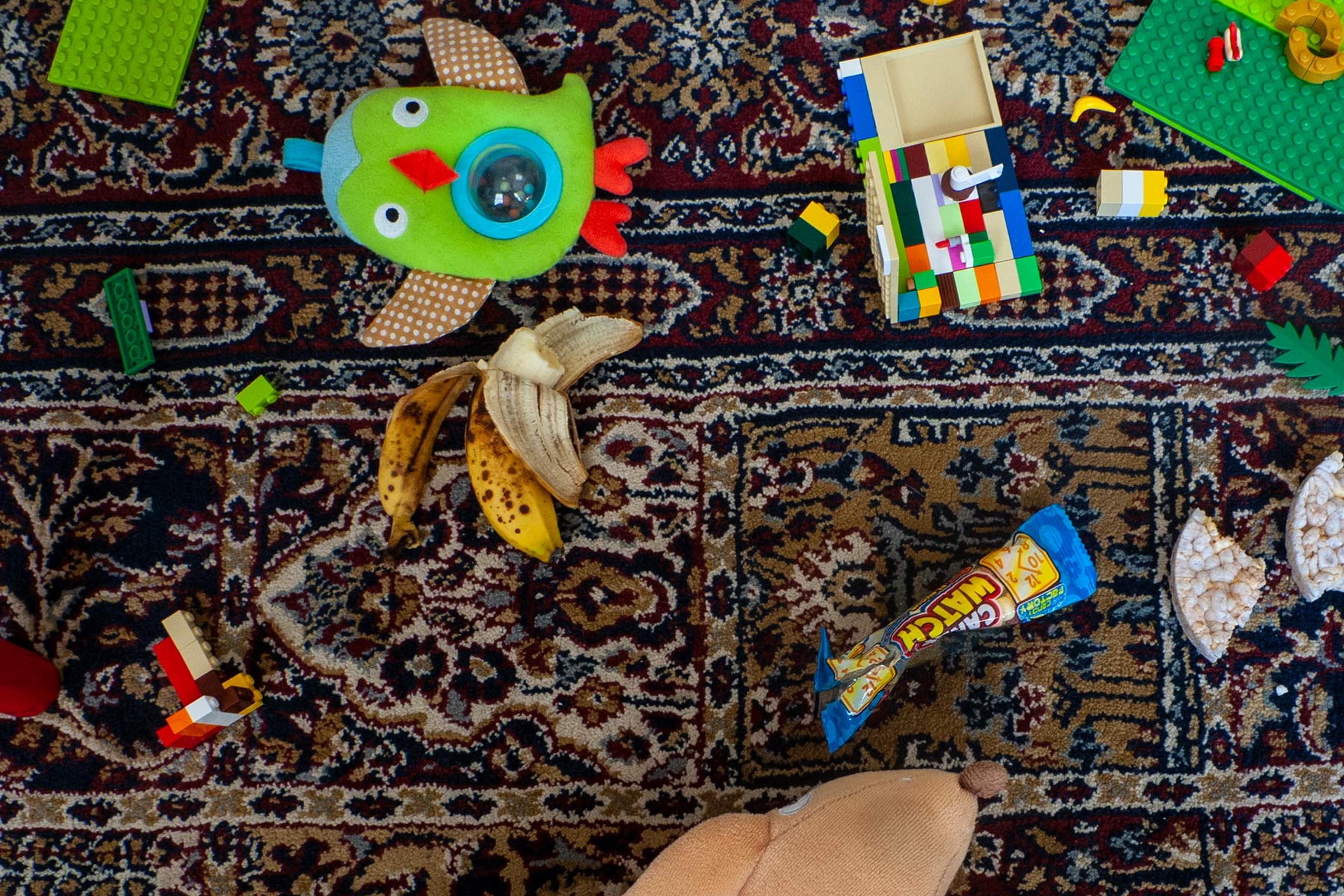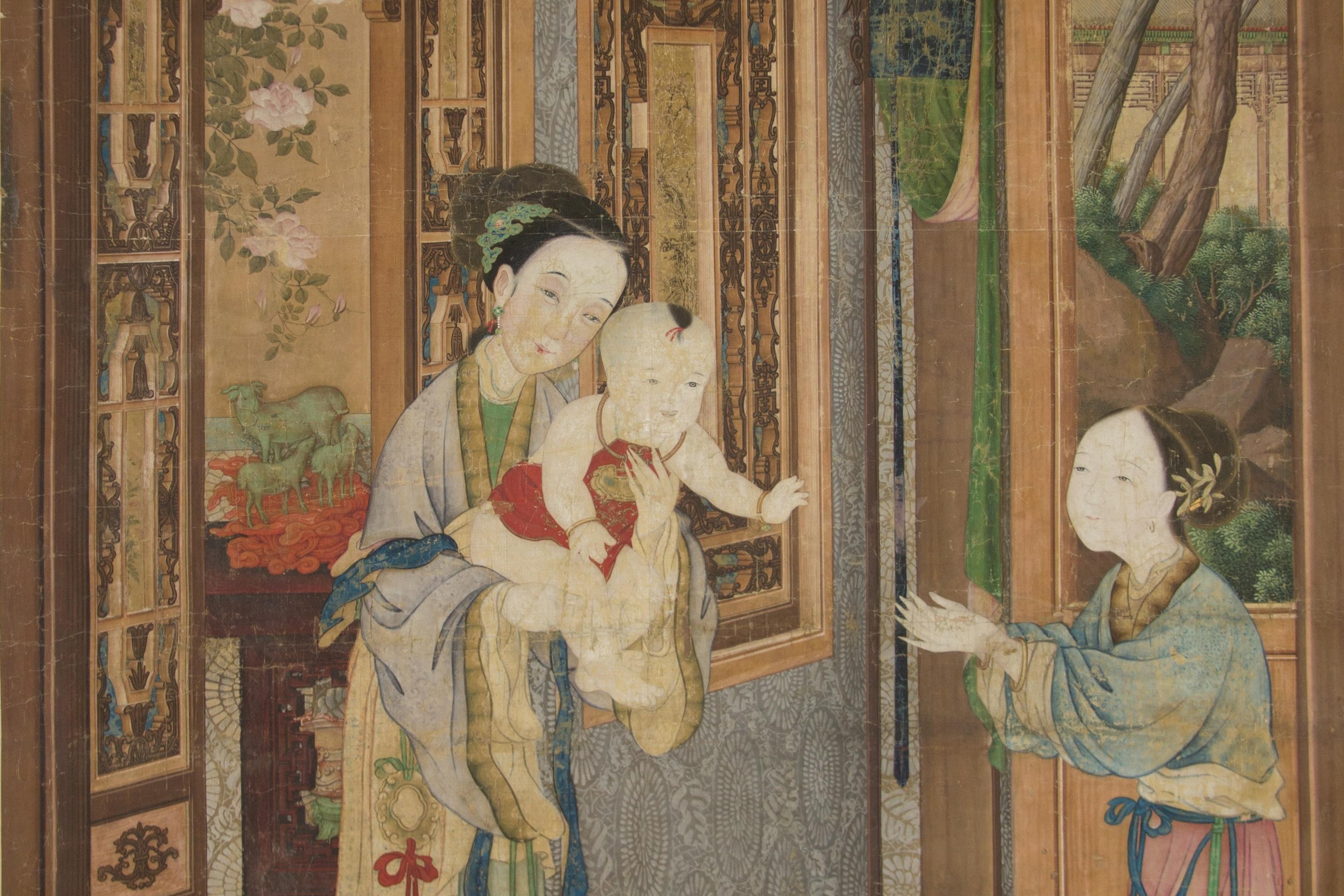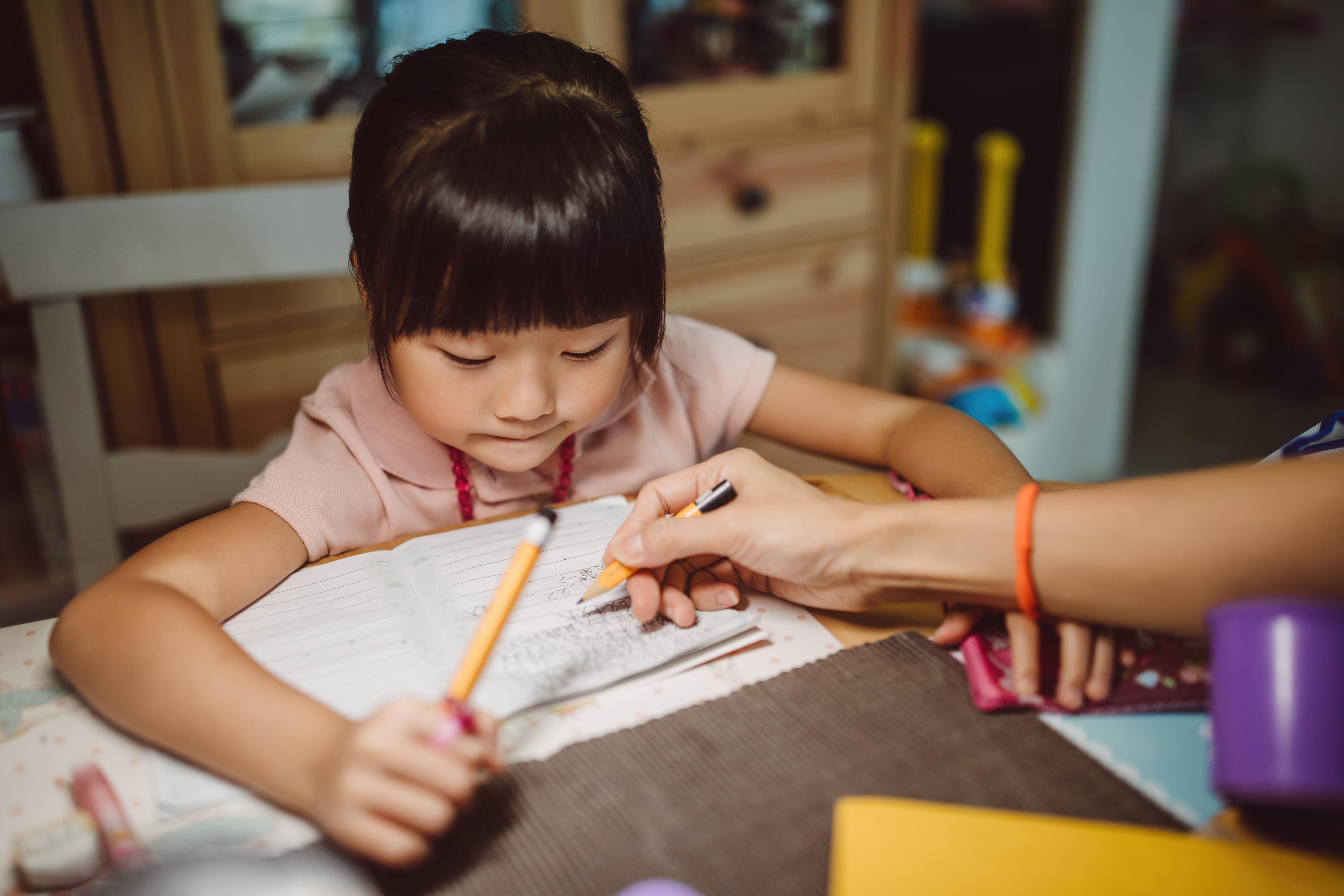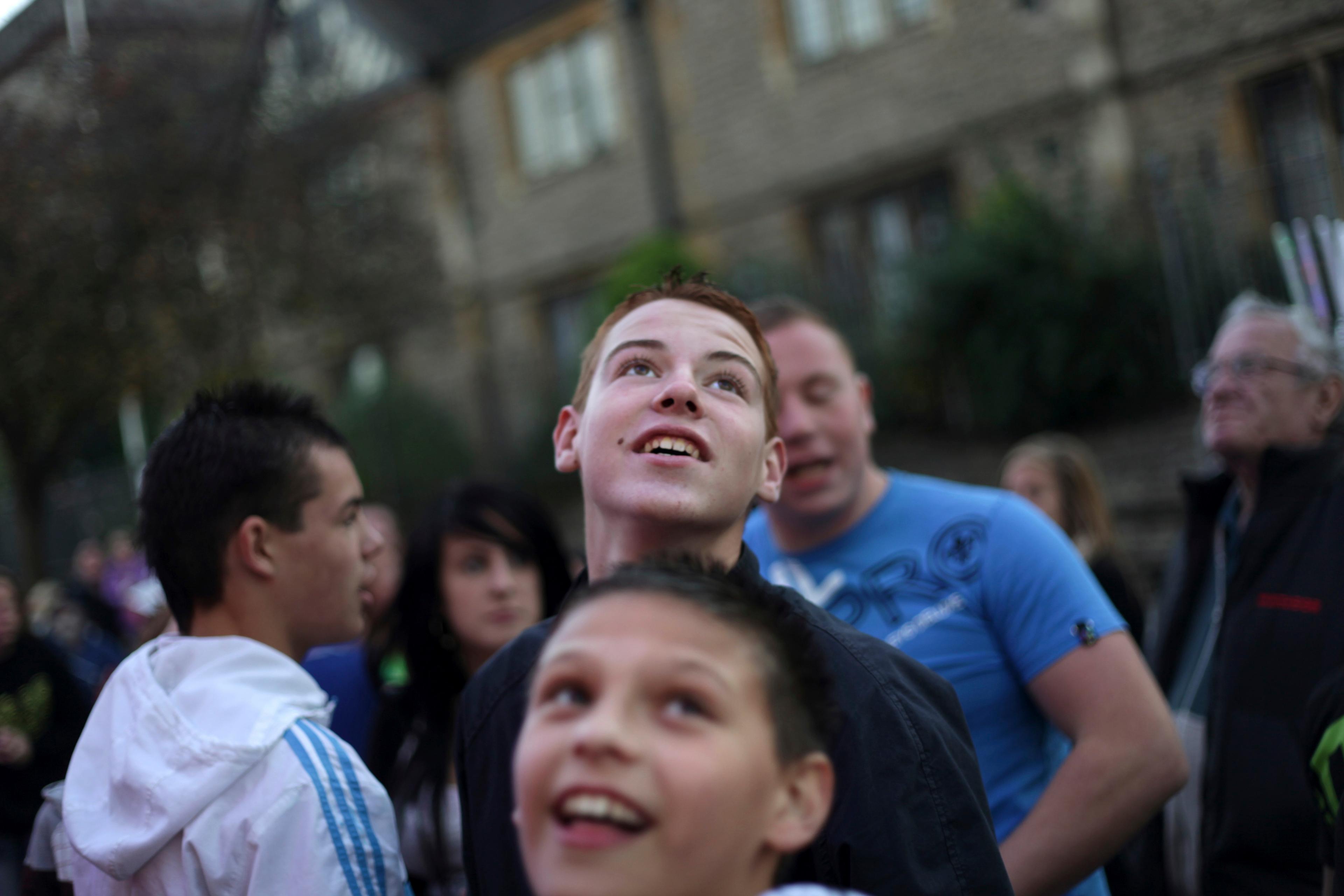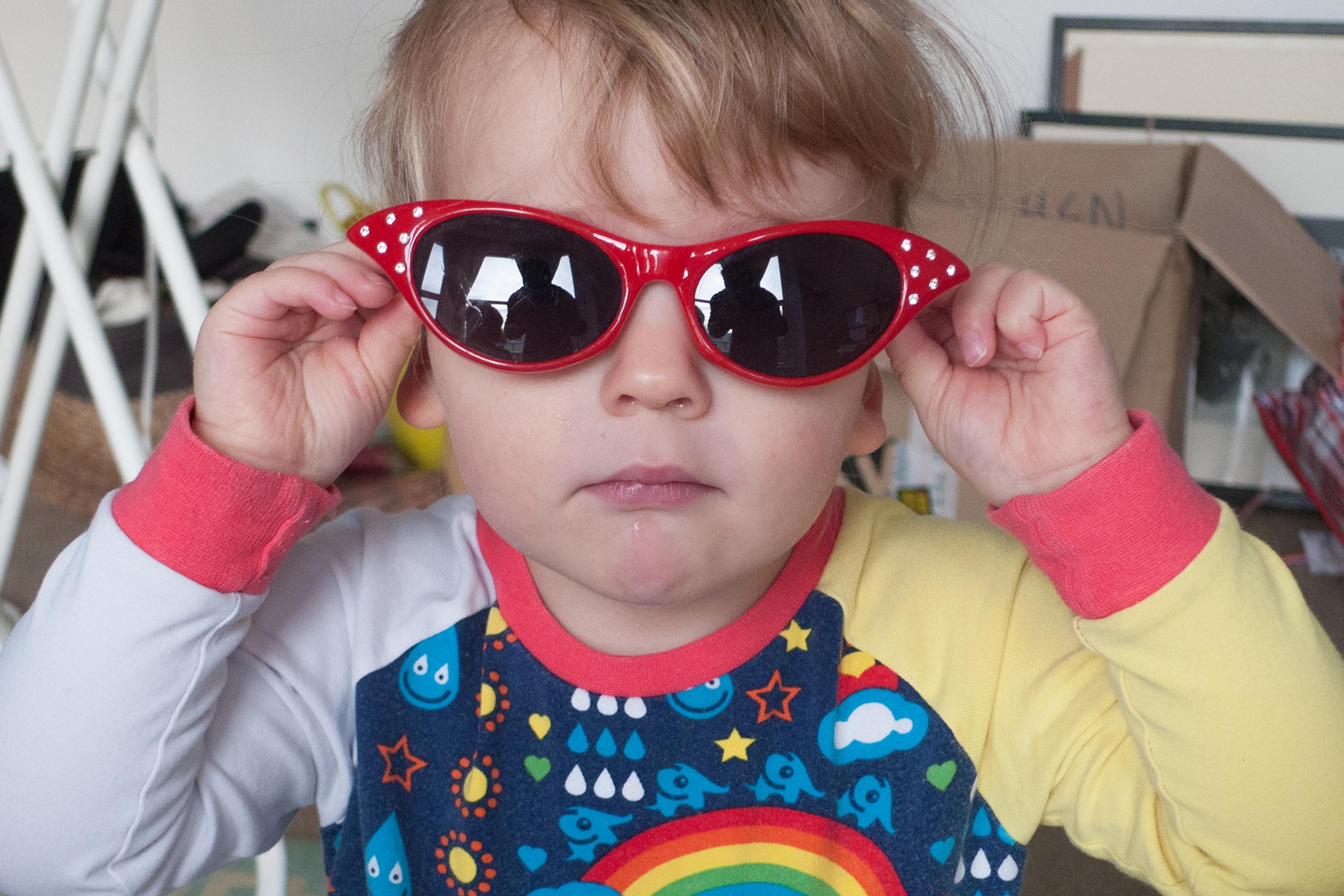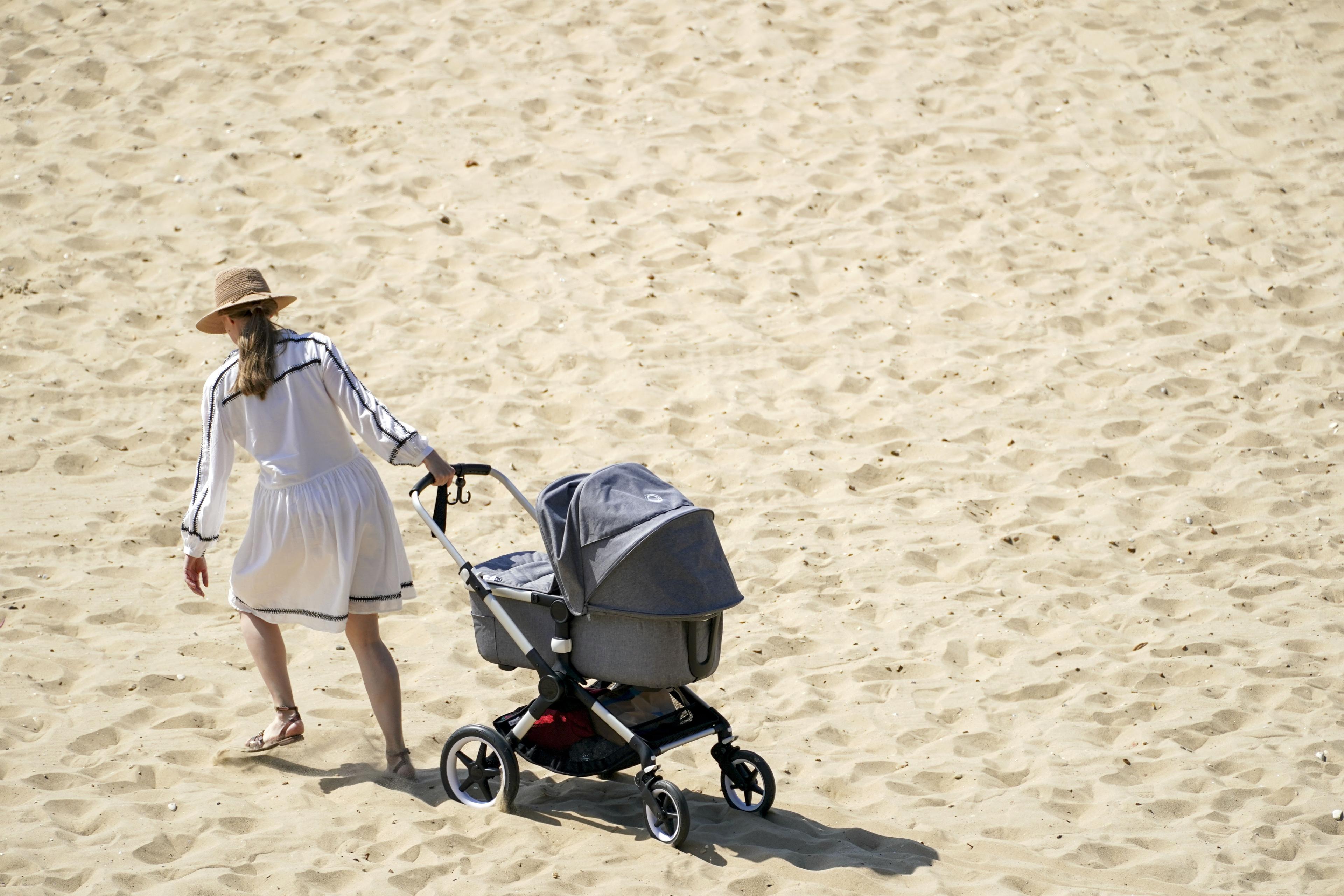When I became a mother, I read parenting books obsessively because I wanted to do right by my children. But they made me feel like a failure and I wondered why. Delving into the lives and times of the experts, I decided that most of the advice they dish out flows from their personalities, their culture, and the limitations and biases of their eras and lives. I have no doubt that some of them were and are brilliant thinkers who have worked hard to improve the wellbeing of children. But too often, these parenting authors are treated with a reverence that defies criticism.
John Bowlby, the father of attachment theory, is a case in point. Bowlby had a typically British upbringing. For the upper middle classes at the start of the 20th century, that meant nannies and boarding school starting at age seven. His parents, Sir Anthony and Lady Mary Bowlby, subscribed to the then-common set of attitudes about children: too much attention and care could spoil them and turn them into egoistical and self-obsessed adults. When John’s beloved Nanny Minnie – a key attachment figure – left, he took the blow to heart.
Between his parents’ remote childrearing style and losing his nanny, Bowlby felt himself drawn to children who were somehow separated from their mothers. Attachment theory would be an important step towards understanding the way human beings related to one another, based on how their parents or caregivers related to them.
Drawing from psychology, ethology, psychotherapy and other disciplines, Bowlby’s ideas about human nature were monumental in scope. My point here is not to dispel attachment theory. It is simply to show that Bowlby’s experience of being parented contributed to his ideas on what an ideal relationship between mothers and children should look like.
Bowlby left the care of his own four children almost completely to their mother, Ursula, while he lost himself in his work. Thus, in an ironic twist of fate, Bowlby, having a distant father, became a distant father himself.
Then there’s Benjamin Spock, an athletic anti-war hero and the rare parenting expert who told mothers: ‘Trust yourself. You know more than you think you do.’ At first glance, Dr Spock seemed the perfect expert. An advocate for ‘permissive’ parenting – that is, following your baby’s cues and trying to fulfil their needs as much as possible – Spock broke with earlier traditions of rigid rules and feeding by the clock. In the 1940s, when his Common Sense Book of Baby and Child Care came out, he was considered an outsider in the parenting world, but he soon took over as an expert in the US and around the world.
As formidable as Spock’s persona was, he was not without fault. First of all, there’s the irony of telling mothers that they should trust their instincts – and then writing hundreds of pages giving them detailed advice. ‘Everywhere you turn there are experts telling you what to do,’ Spock says, conveniently forgetting that he is one of them. If mothers can follow their gut feelings, do they really need an expert, and a man at that, to tell them what to do?
Second, Spock subscribed to highly paternalistic and patriarchal ideals of motherhood. In early editions of his Common Sense book, the parent was addressed as ‘she’ and the child was always ‘he’. By 1976, Spock had changed pronouns throughout the book, using sometimes ‘he’ and sometimes ‘she’. The newest version went out of its way to include fathers as well as gay couples. Spock’s willingness to constantly revise his book and adapt it to the times is certainly inspiring. But if mothers had been trusted from the start, his advice wouldn’t have been necessary at all.
Attachment parenting, advocated by Dr William Sears and his wife Martha, a registered nurse, was one of the parenting methods I was drawn to myself. I gave birth naturally without pain relief the first two times around, breastfed, tried co-sleeping and babywearing – having your baby against your body in a sling throughout the day. But I found it impossible to follow all its tenets, and quickly burned out.
The influence of Sears was so big that in 2012, Time magazine devoted a whole issue to him asking: ‘Are You Mom Enough?’ What is less known is that the Searses were actually fundamentalist Christians. While the newest version of their tome, Attachment Parenting (2001), avoids any mention of religion or God, another book of theirs, The Complete Book of Christian Parenting and Child Care (1997), specifically targets Christian parents. This is where the Searses explain their belief that ‘attachment parenting’ is ‘God’s design for the father-mother-child relationship’. And, while Attachment Parenting claimed that this style of raising children was perfect for working mothers, in The Complete Book of Christian Parenting, the authors say that the best thing for women is to work from home, go part-time or borrow money, rather than go back to work full-time.
With all this in mind, attachment parenting seems less like a parenting strategy and more like the Searses’ desire to proselytise their beliefs to other parents.
My own rule, after reading several books on parenting, now is: ‘The more understanding the expert is towards children, the more brutal they will be on the parents.’ And there is no better example of that than the US author and lecturer Alfie Kohn. His attempt to understand children is formidable but he shows very little of that compassion for parents whom he accuses of being ‘controlling’.
In Punished by Rewards (1993), Kohn claims that the use of punishments and rewards should be limited, especially in relationships that are unequal, such as between parents and children, or between teachers and students. But he conveniently leaves out another unequal relationship: the one between parents (predominantly female) and experts, such as himself (predominantly male, at least in the US). And when it comes to parents, he has no problems using punitive tactics such as shaming: ‘If you’re unwilling to give up any of your free time, if you want your house to stay quiet and clean, you might consider raising tropical fish instead,’ he writes in Unconditional Parenting (2005).
In the UK, meanwhile, female experts such as Gina Ford, Penelope Leach, Tracy Hogg and lately, Philippa Perry, have come to the fore. Sadly, they can be just as patronising toward parents as their male counterparts. For example, in The Book You Wish Your Parents Had Read (2019), Perry, a psychotherapist, encourages parents to ‘turn our shame into pride’; thus shame – an emotion she finds unacceptable for children – has its place for parents. But research shows that feeling shame can make people more depressed, no matter their age.
Caregivers in the 21st century don’t have one expert to follow, they have several, and they all espouse intensive, child-centred practices that focus on the parent-child relationship. In theory, this is not a bad thing. But in a world where parents get little to no support, and where caring for children is seen as a personal rather than a communal issue, intensive parenting practices can be impossible to follow. In fact, beliefs such as that mothering should be child-centred, and that children should be sacred and fulfilling to parents, can be associated with lower wellbeing in mothers.
Experts are sometimes surprised or even defensive when parents report feelings of immense guilt or shame after unsuccessfully trying to follow their advice. In an article about maternal guilt for the British newspaper The Independent in 2011, Leach, a psychologist, is quoted as saying: ‘If [my book Baby and Child (1977)] made you feel like that, why didn’t you bin it? You do rely on people to decide for themselves whether a book is useful to them or not.’
But if a parenting book has impacted whole generations of parents or can negatively affect their wellbeing, experts have a responsibility towards the parents they’re advising. What’s more, just like the dieting and wellness industries, the parenting industry relies on parents feeling inadequate so that they’ll keep looking for the next book that will solve all their problems. But, as I’ve found out the hard way, such a book does not exist.
This is not to say that all books for parents are problematic. Anthropologists such as David F Lancy, developmental psychologists such as Alison Gopnik, writers such as Janelle Hanchett or Sarah Menkedick, or economists such as Matthias Doepke, were also led by their personal experiences and expertise but, in their books on the history, culture and psychology of parenting, they offer a refreshing take that can make us feel a bit better.
Parenting books are not really for us, parents. They are for the people writing them. Perry’s book admits as much in its title, and repeats it in the text: ‘I wrote the book I wish I had read as a new parent, and I really wish my parents had read it.’ It has nothing to do with us as readers but everything with her feelings and experiences.
The idea is not to disparage parenting books as a category. If I were to write a book on parenting, it would certainly flow from my passion for languages, and my own experiences of raising children within several cultures. The solution is not to write or read fewer parenting books, or quit reading them altogether.
In fact, we might need more parenting books that offer a wider variety of perspectives and expertise and that include the real-life experiences of parents. We need more books written by experts who are not white, male, cisgender, neurotypical, able-bodied and Anglo-Saxon. And we need books that shift the blame and burden from parents to where it really belongs: to systems, governments and institutions.
Existing parenting books can be read in a subversive, critical way that is all about asking questions, such as: who wrote this book, when and why? What ideas about parents and children must this person have held? And what contributed to them thinking that way?
Ultimately, it’s about seeing the person behind the guru. Maybe in some cases, we’ll see that the emperor is naked and that the all-powerful Wizard of Oz is really just an old man behind the green curtain.
